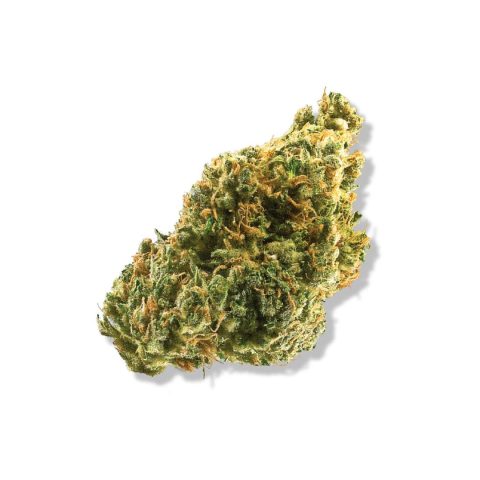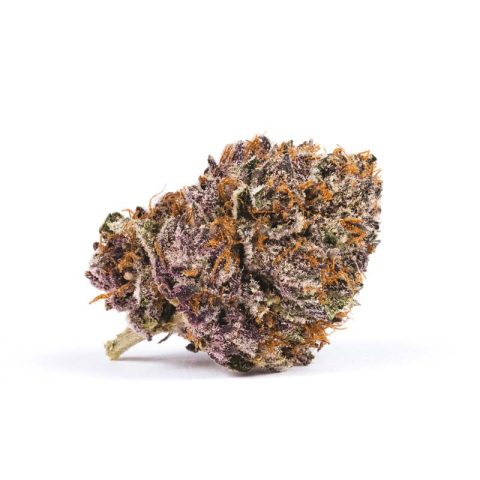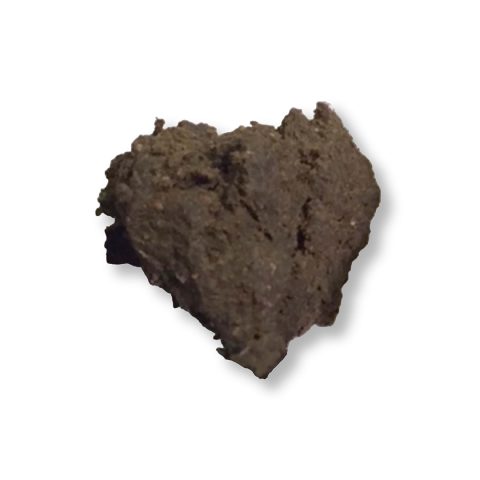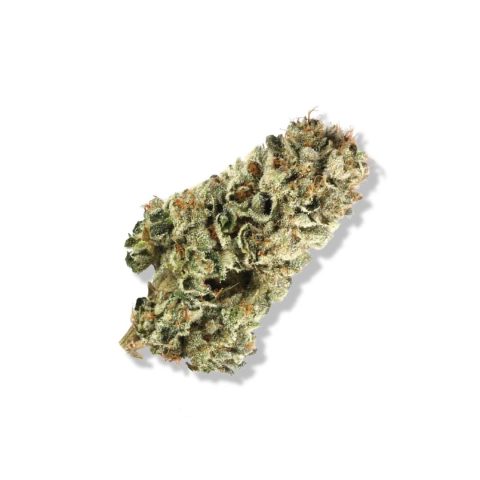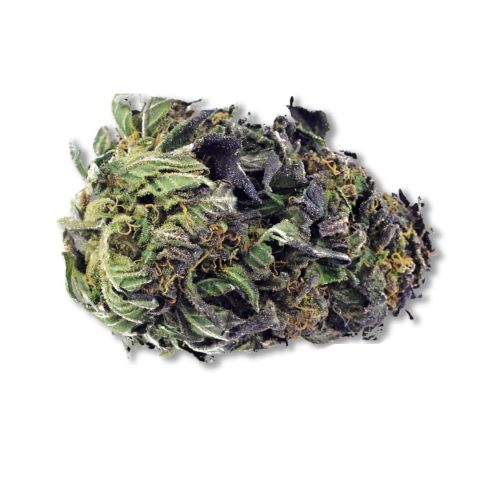Rastafarianism is a religious and sociological phenomenon rooted in Jamaica, developed during the 1930s as an amalgamation of African mysticism, Christianity, and attention to social justice. Rastafarians hold the former Emperor of Ethiopia to be divine, a representation on earth for Jah: their term used in referring to God. Ganja is a specific feature of Rastafarian culture, as it has deep spiritual, historical, and cultural significance for the community.
In this blog, we will explore the reasons behind the ritualistic use of ganja within the Rastafarian community:
- Spiritual Significance
- Historical Roots
- Cultural Identity
Through analyzing these dimensions, we attempt to offer a holistic perspective on why ganja is such an influential part of Rastafarian culture and also figure out the answers to the most asked question- is smoking weed legal in Jamaica? can I smoke weed in Jamaica?
1. Spiritual and Mystical Beliefs
The Rastafarian belief system is centered on the spiritual and mystical connection with Jah, who represents divinity within all beings. This connection is greatly supported and perfected by Ganja.
Here are some key points to consider:
Overview of Rastafarian beliefs
According to Rastafarians, Jah is the highest embodiment of wisdom, love, and direction. They consider Jah to be the divine presence in everything including nature and humanity. This belief constitutes their spiritual values.
For Rastafarians, ganja is seen as a holy herb that enables them to commune with the supernatural realm. Smoking ganja is perceived as an acknowledgement of gratitude, fortifying the opportunity to achieve spiritual consciousness and become closer to Jah. It is assumed that through ganja the Rastafarians can have a free mind, and recognize the presence of God within themselves and their environment.
Enhancing Meditative Practices
When discussing and discovering spiritual issues is underway, Ganja has often been used in reasoning sessions as a kind of communal gathering that Rastafarian people hold during similar gatherings. It is the consumption of ganja in these environments that makes it possible for one to meditate and develop an introspective spirit. It is assumed that ganja helps an individual to become calm and centered, preparing his or her mind for focused thinking.
Seeking Divine Wisdom
For Rastafarians, ganja is used as a means of personal enlightenment and spiritual experiences. With its application, they seek to discover personal information and disclosures about their selfhood, destiny in life as well as the oneness of all things. It is said that ganja gives way to higher realms of consciousness, resulting in deep spiritual enlightenment.
This way Rastafarians believe that by smoking ganja they can get to a higher plane of consciousness and understand their position on earth. This relationship with Jah by smoking ganja provides them with mystic revelations that strengthen their faith, thus redirecting their spiritual voyage.
2. Cultural Identity and Resistance
The Afrocentric approach forms the basis of most Rastafarian cultural identity, which is connected to African traditions and heritage. Through ritualistic use within the Rastafarian community, ganja is a form of cultural preservation and represents resistance to historical oppression and colonialism.
Afrocentric Foundation
Rastafarianism gives great importance to connecting with the roots of African heritage to respond after hundreds of years that more deeply determine the imposition of cultural erasure slavery and colonialism.
Ganja Rituals as Resistance
Ritual usage of ganja is the re-establishment of African traditions where many ancestors were brought to the New World as slaves. This act of cultural resistance is an attempt by Rastafarians to prove their identity and independence, showing the forces trying to suppress their heritage inadequacy.
The use of ganja in the reasonings acts as a means through which Rastafarians seek to revive ancestral linkages and continue instilling feelings of unity, togetherness, and common culture amongst themselves.
The Rastafarians’ adoption of ganja as a holy herb and its use in their spiritual life is not only meant to achieve personal enlightenment but also the recapture.
3. Historical Context and Social Justice
Outlining the historical genesis of ganja use in Rastafarian shows its relations to social justice movements.
Ganja and African Slavery
Ganja was ritualistically used during Jamaica’s Colonial period when African slaves were taken to the New World. This tradition went hand in hand with the Rastafarian movement, which aimed at re-establishing ancestral roots and resisting oppression.
Ganja as a Sign of Resistance
In the slavery era, Africans were robbed of their culture regarding the use of plants for spiritual and healing applications. With its deep origin in African culture, ganja served as a rich symbol of resistance against the suppressing system.
Maroons, being escaped slaves living in the mountains of Jamaica, were an important part because they preserved these cultures and passed them down to new generations.
Rastafarians and Social Injustice
The Rastafarian working class from Jamaica also took to the use of ganja as a means of protest against social injustice and inequality. They claimed their right to spiritual freedom and autonomy by using ganja as a sacrament.
Cannabis Legalization and Social Justice The quest for cannabis legalization in Jamaica is closely linked to the Rastafarian movement’s battle against social justice. Ganja was demonized by the authorities and regarded as an illegal substance for a long time.
But Rastafarians have campaigned for its de-criminalization, claiming that it is an element of their religious and cultural practices. However, efforts have been made to introduce the legalization of cannabis in Jamaica but there is still much activism for its ultimate acceptance and recognition.
However, by analyzing the historical background of ganja utilization within the Rastafarian movement, we can see how this substance has been used as an instrument for resisting oppression and a spark to change in society. The ongoing battle for cannabis legalization in Jamaica can be seen as part of a wider fight seeking social justice.
Embracing a Balanced Perspective
Dealing with the question: is smoking weed legal in Jamaica?
Can I smoke weed in Jamaica?¨the consideration should be applied, to understanding that despite some actions of de-criminalization within small amounts of marijuana consumption going on, verily taking into account culture and law situation one needs to think twice. In the range of cultural resources present in Jamaica, the Jah Livity brand has become identified with the Rastafarian community and diverse spiritual beliefs. Although ganja may be linked to Jamaica in the eyes of some, it is still important that one must never assume all who are from such a country necessarily consume or practice any form whatsoever; neither does this apply only and/or even specifically with regard towards Rastafarians. Dealing with the thesis of Jamaica should be devoid of presuppositions and prejudices, seeking to promote dialogue rather than confirming stereotypes or myths. It is also necessary to be aware of what exactly the legal regulations and cultural concerns around smoking marijuana in Jamaica, even when considering brands such as Jah Livity.
Faqs
What does Rastafarian mean?
A Rastafarian is a follower of the religion originating from Jamaica in the 1930s that holds Haile Selassie I as its messiah.
Why do rastas smoke weed?
Some Rastafarians use weed as a sacrament because they believe the herb takes them nearer to an avenue of spirituality with their god.
How can I become a Rastafarian?
To convert a person to be Rastafarian, they would go through what is known as study; self-realization, and finally adopt the tenets of faith such as unity and peace among other teachings that include natural living.
What does Jah mean in Jamaica?
In Jamaica, Jah is a term used by Rastaas to address God or their supreme being and is associated with the sense of spirituality within Rastafarianism.
